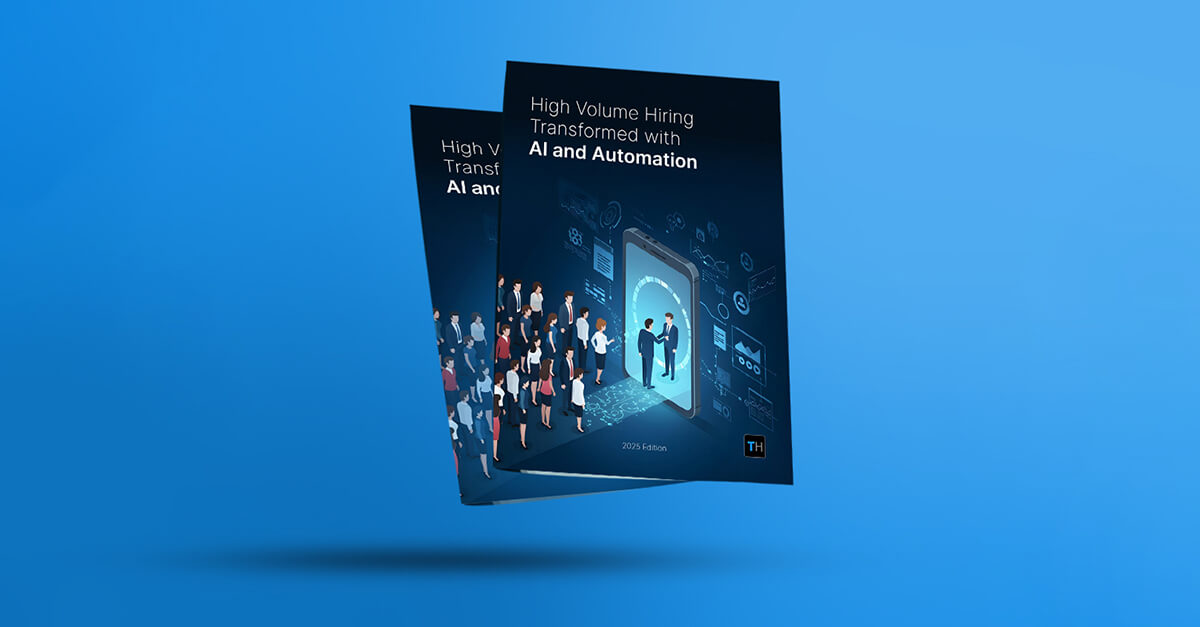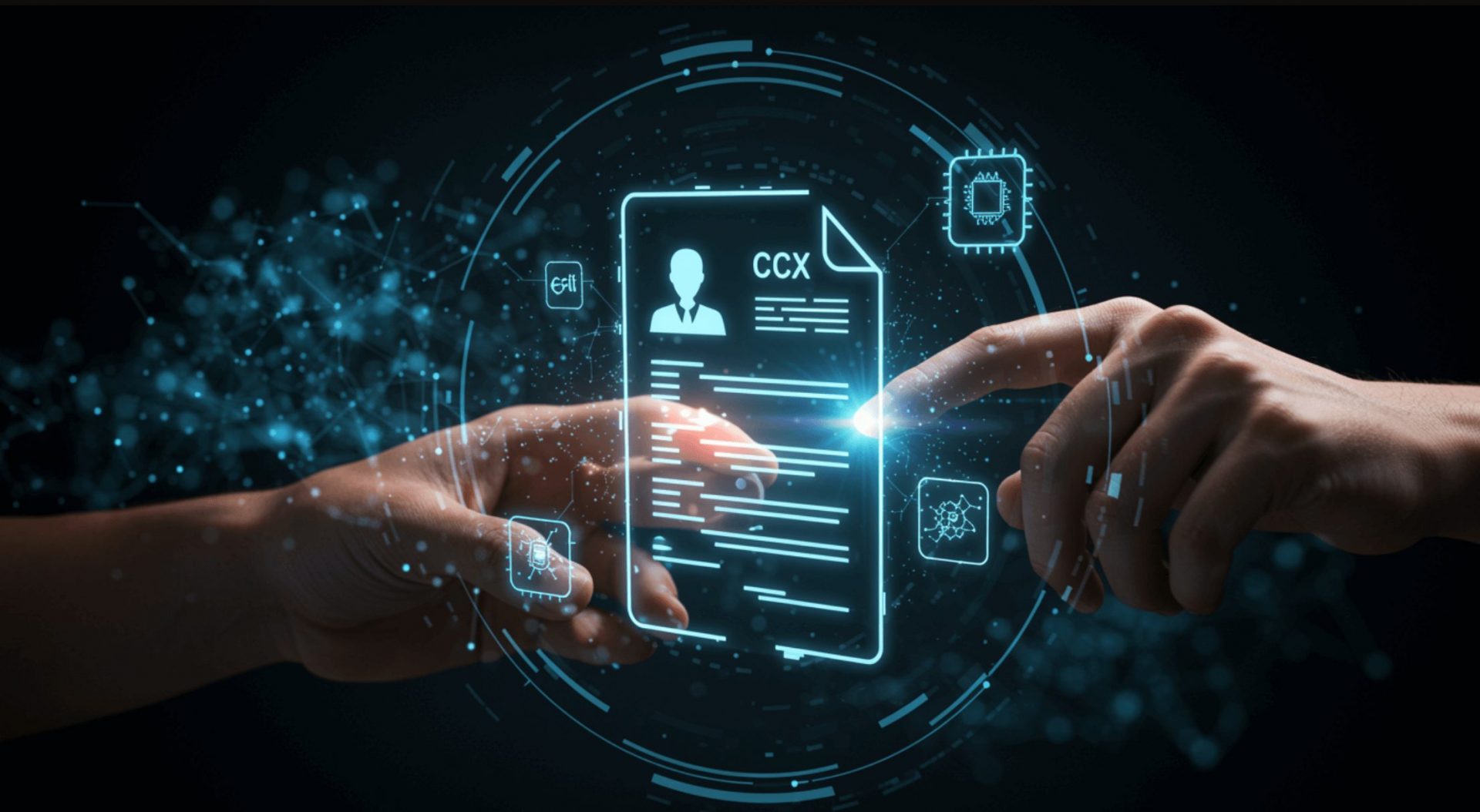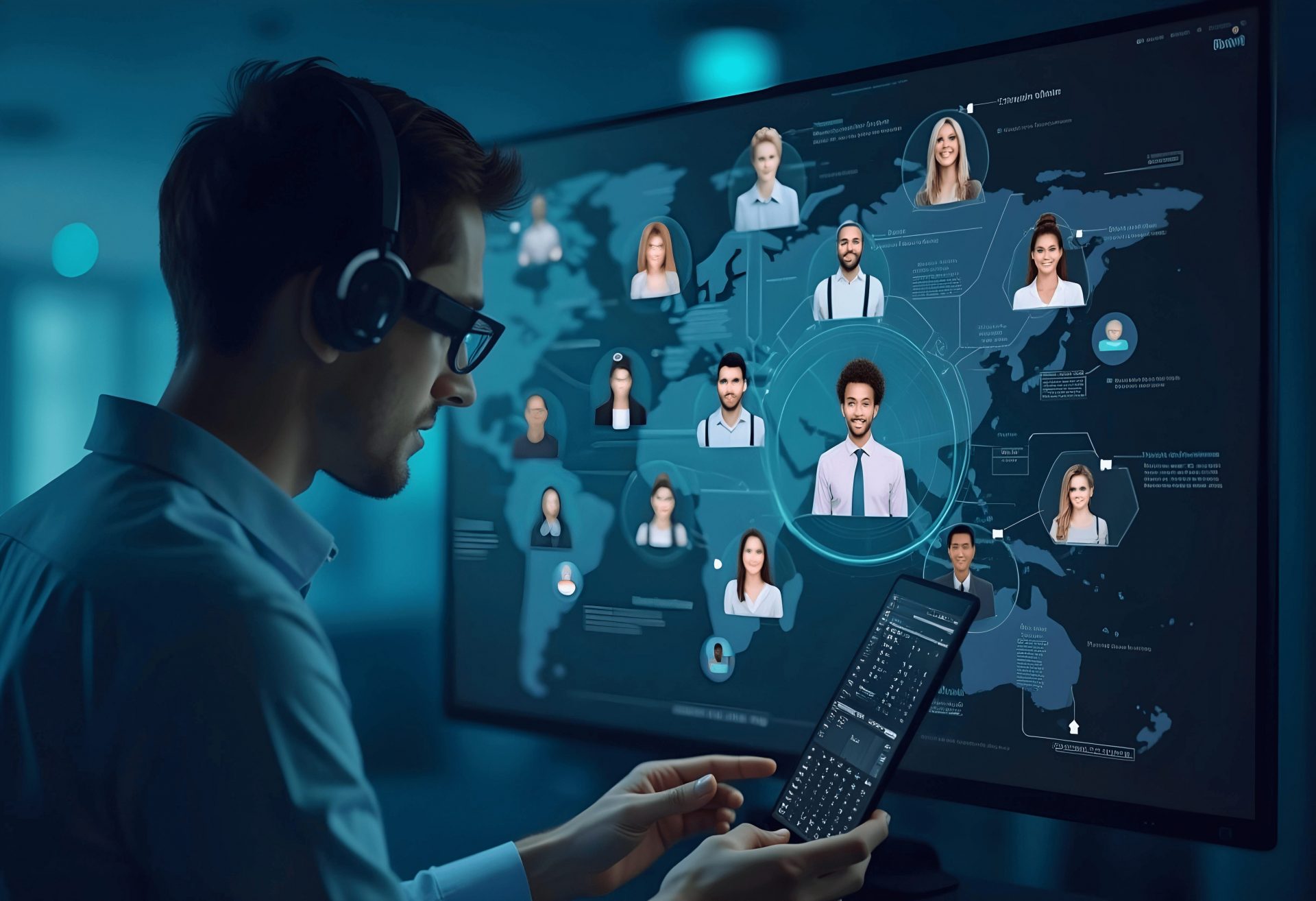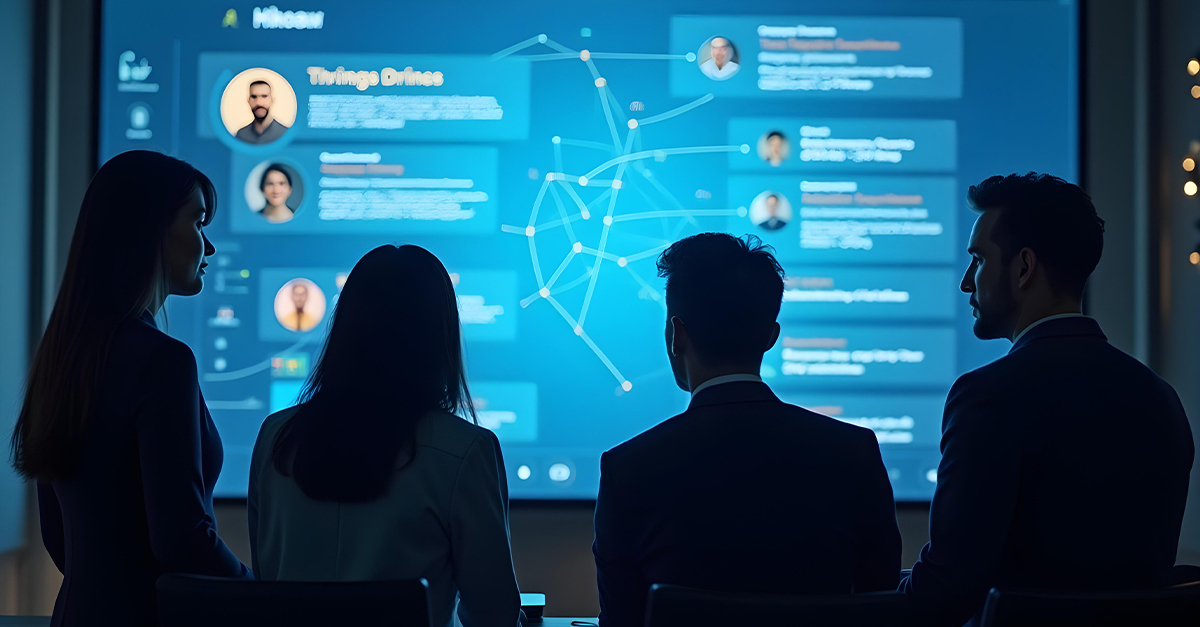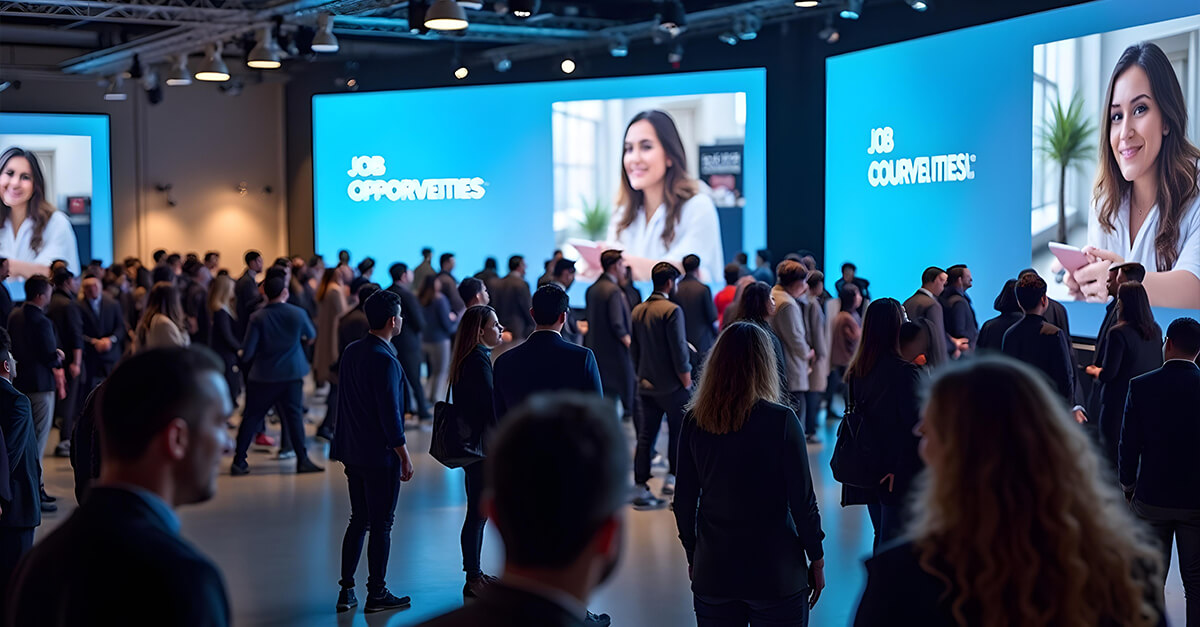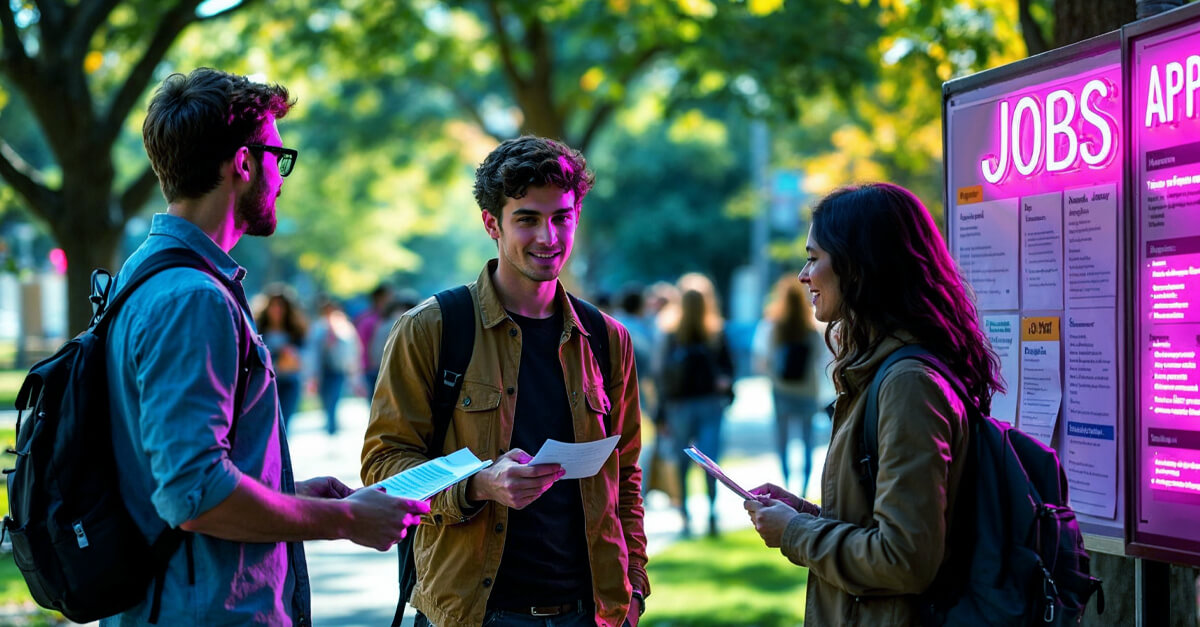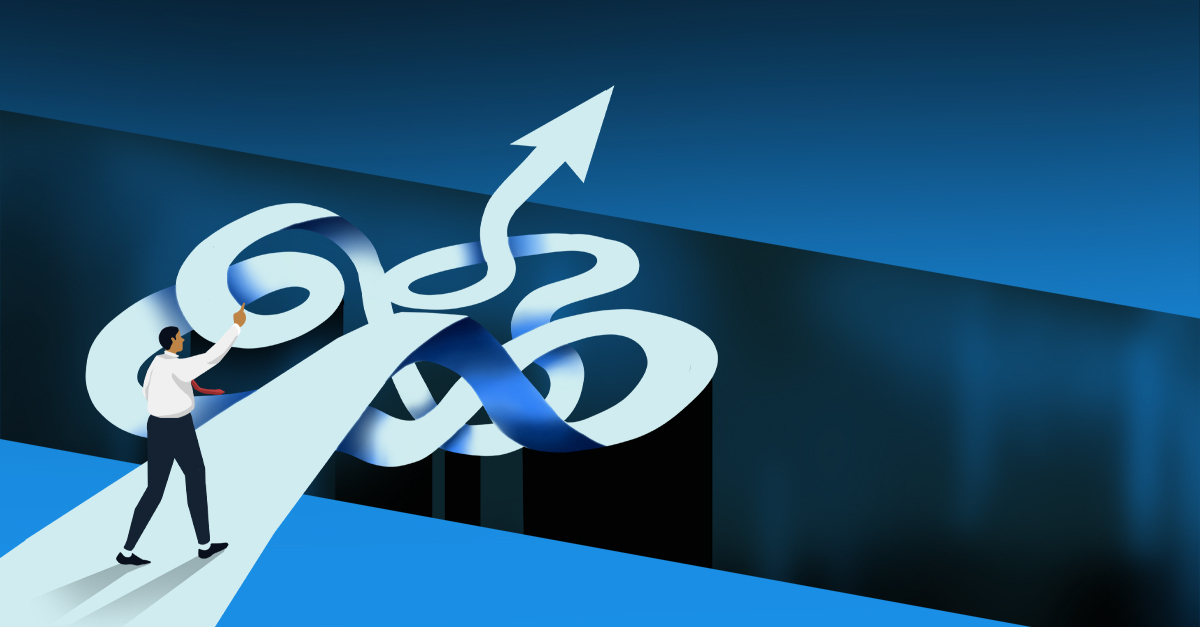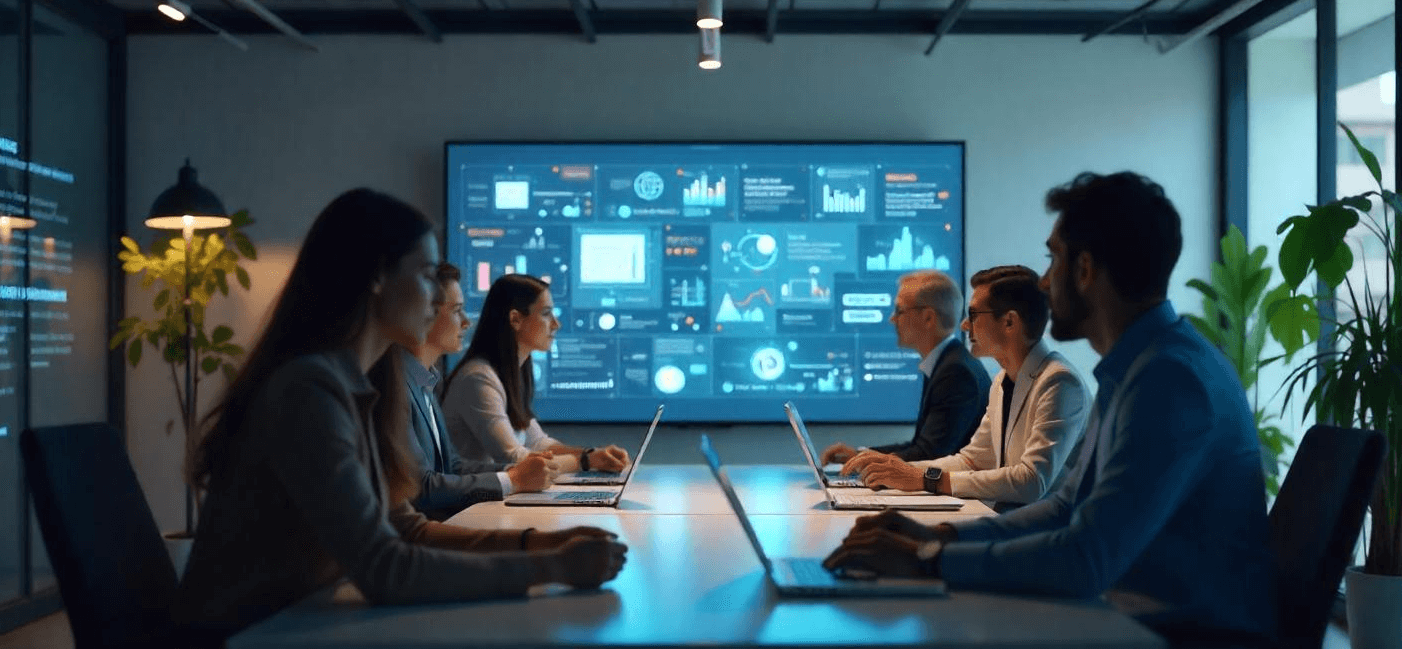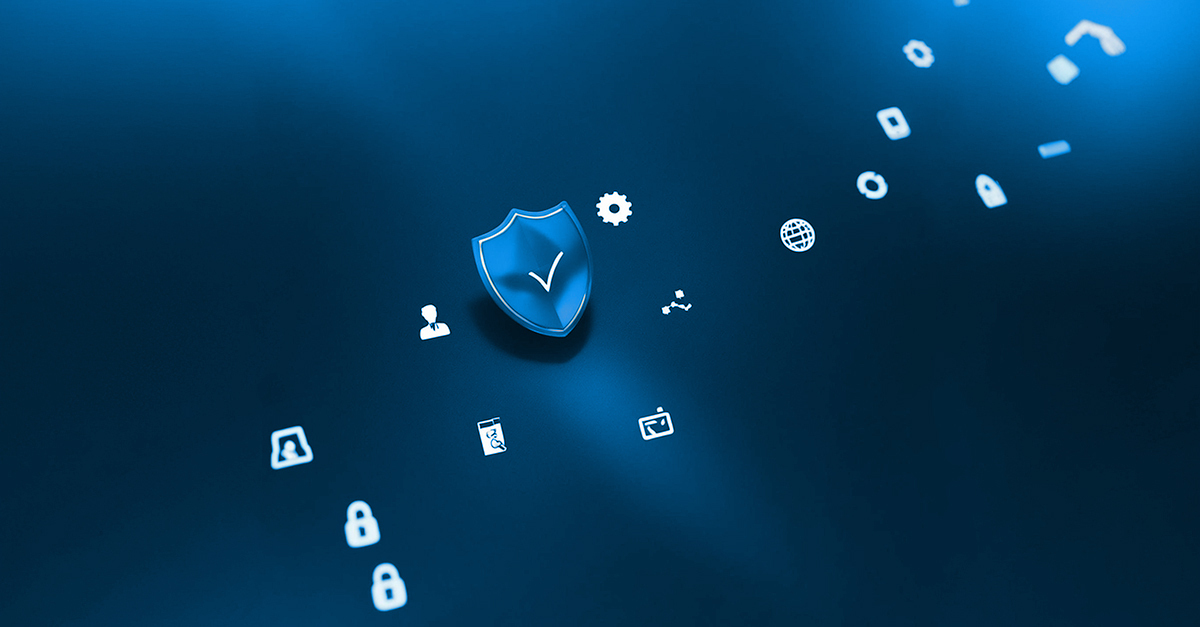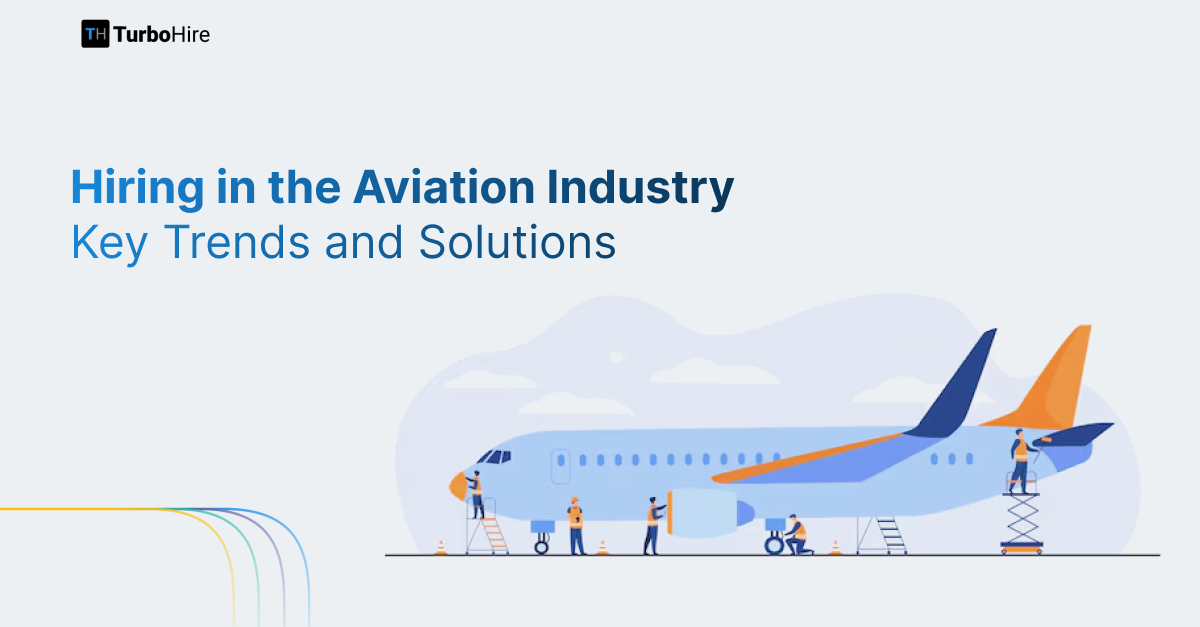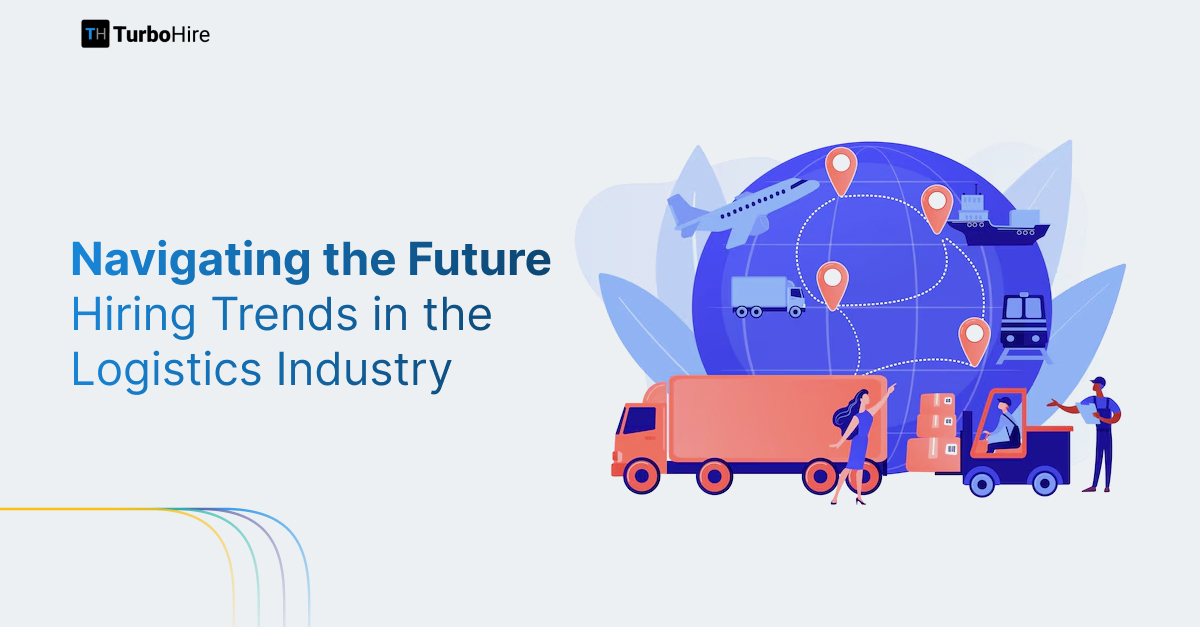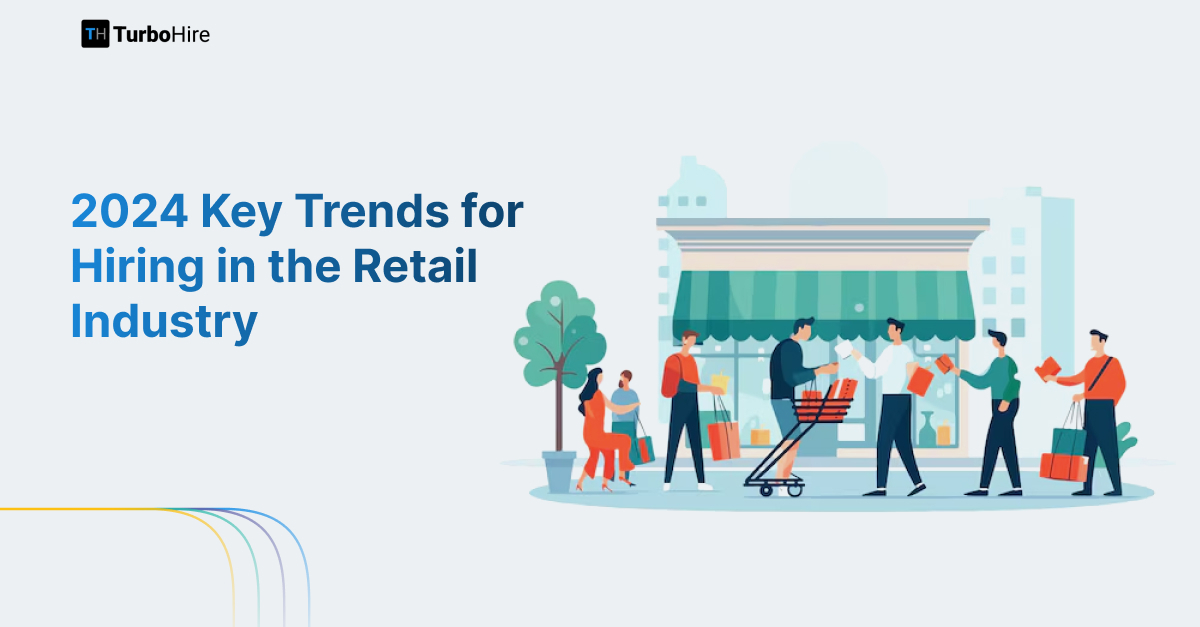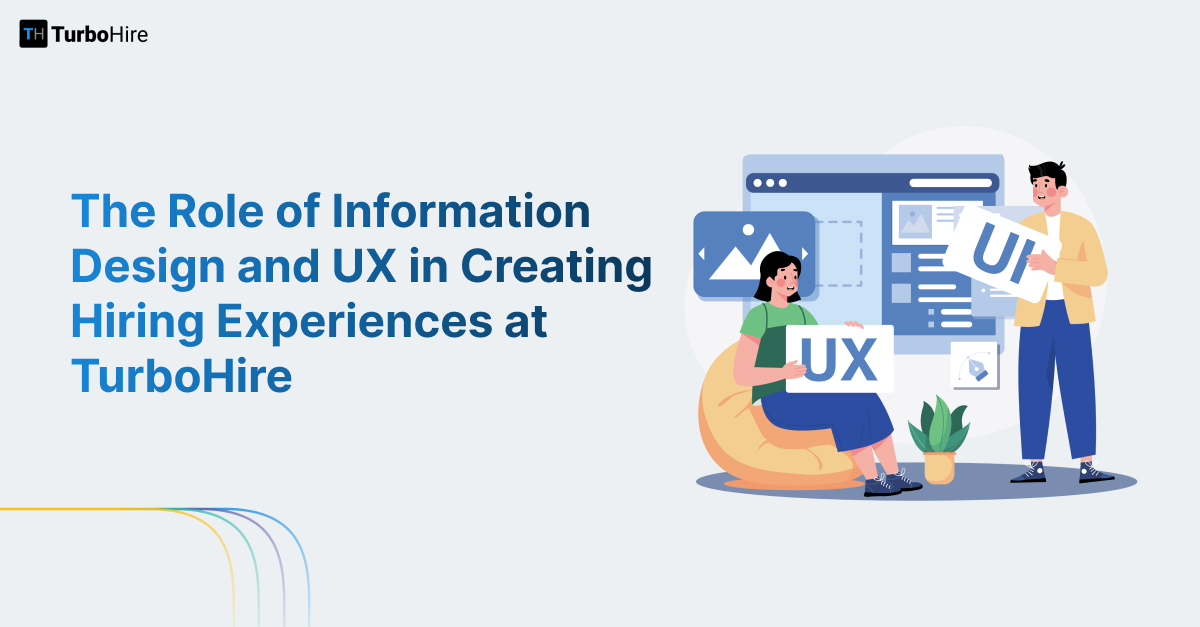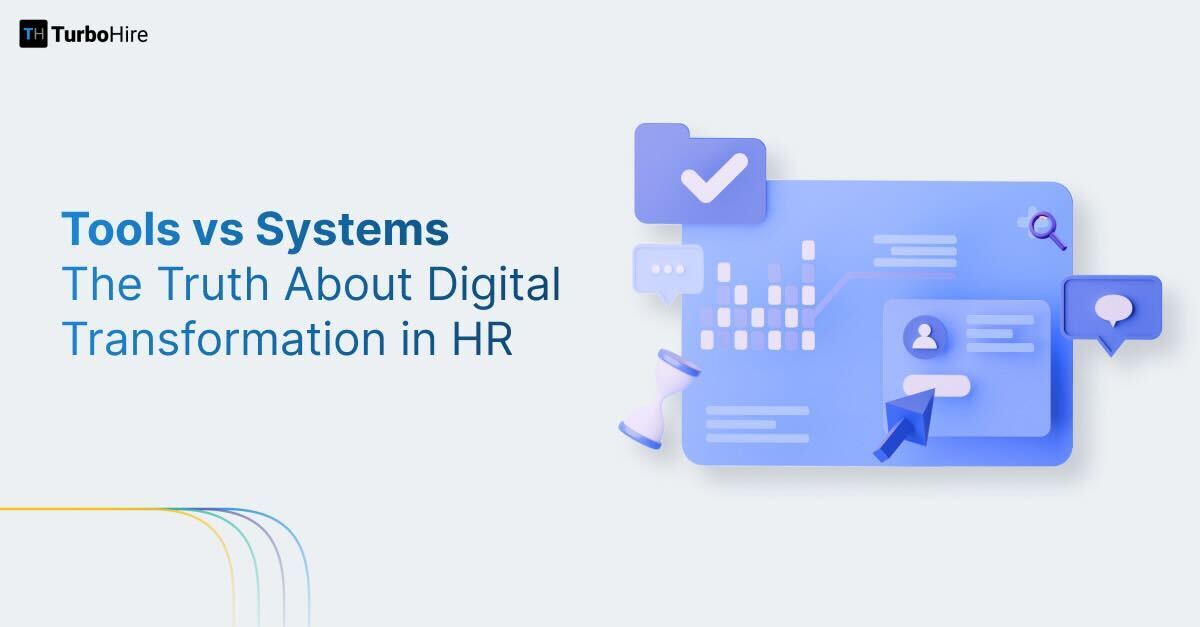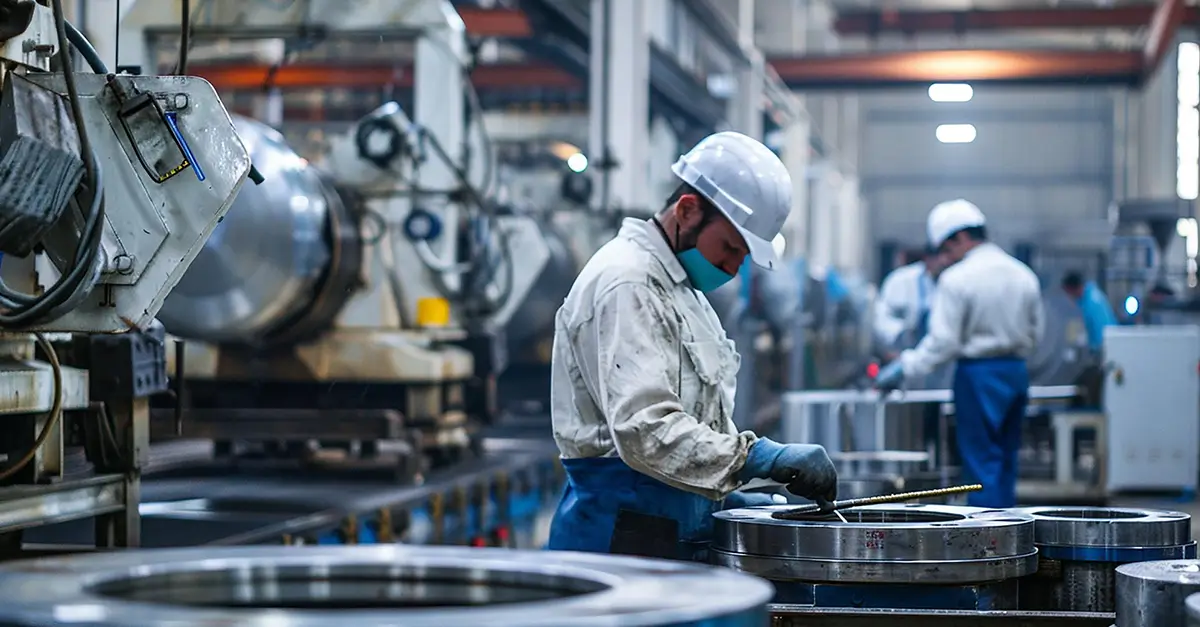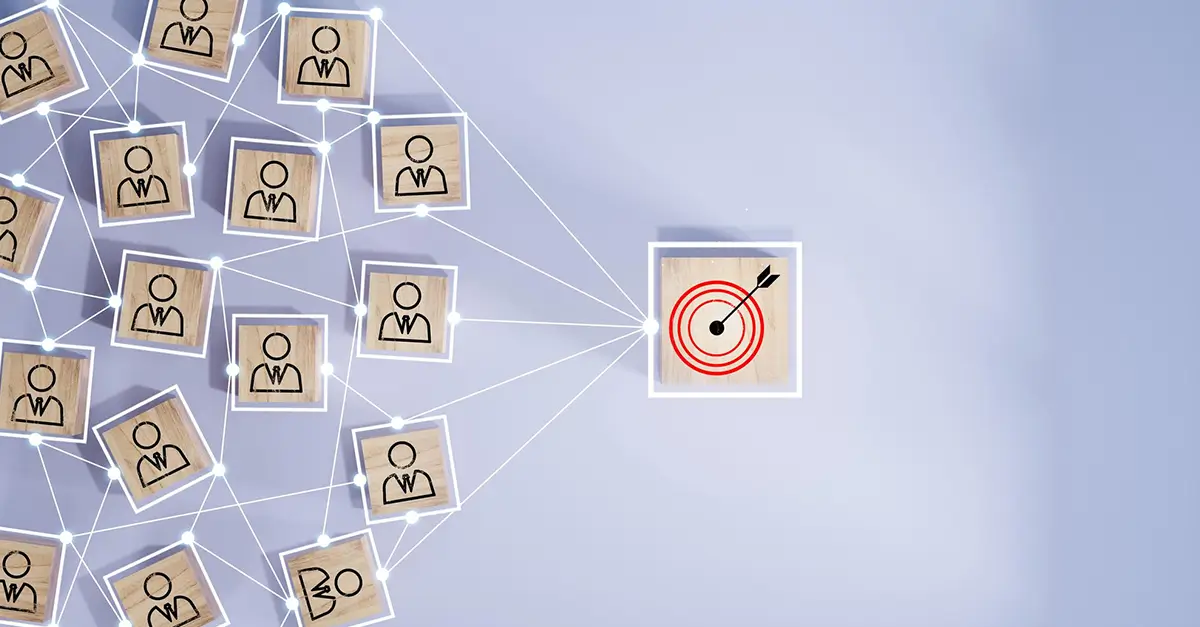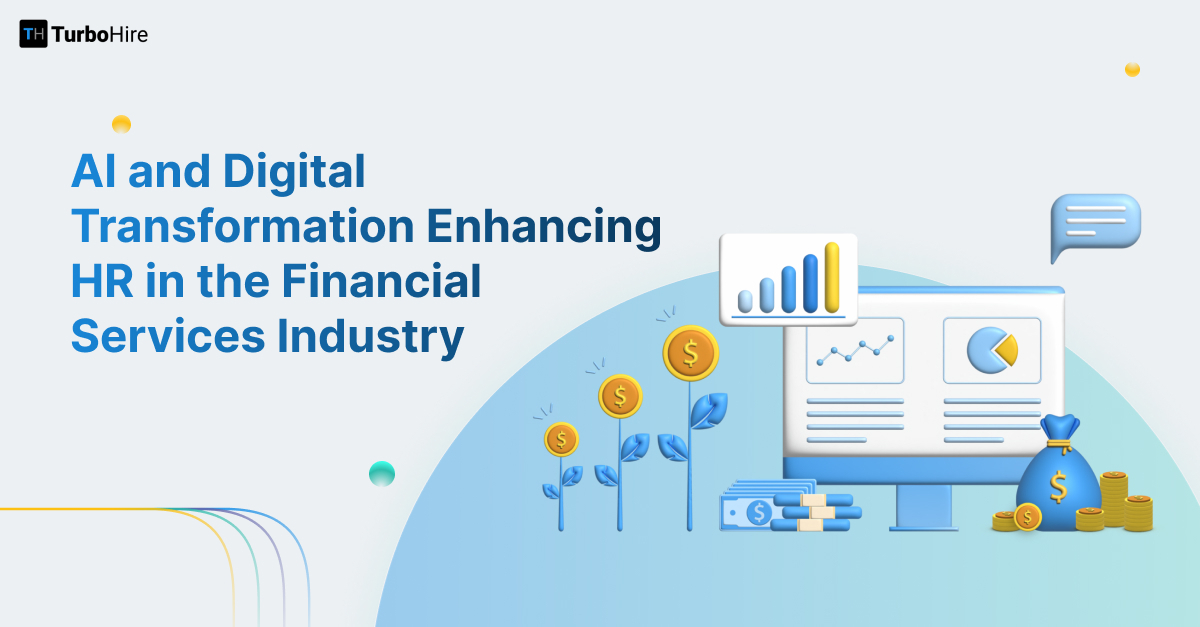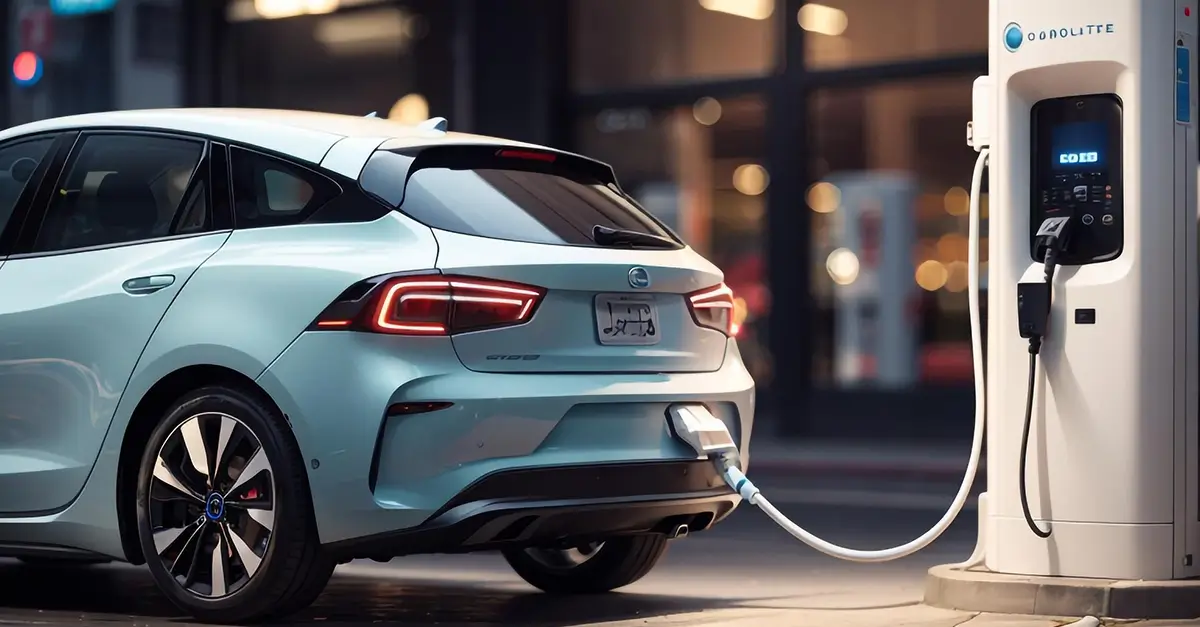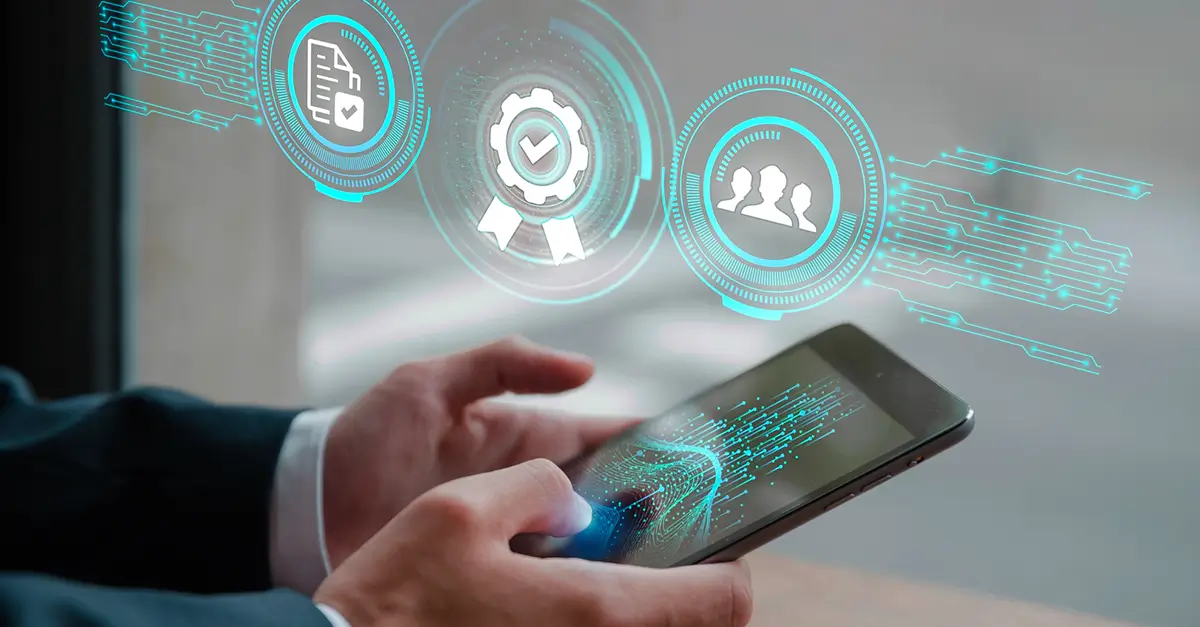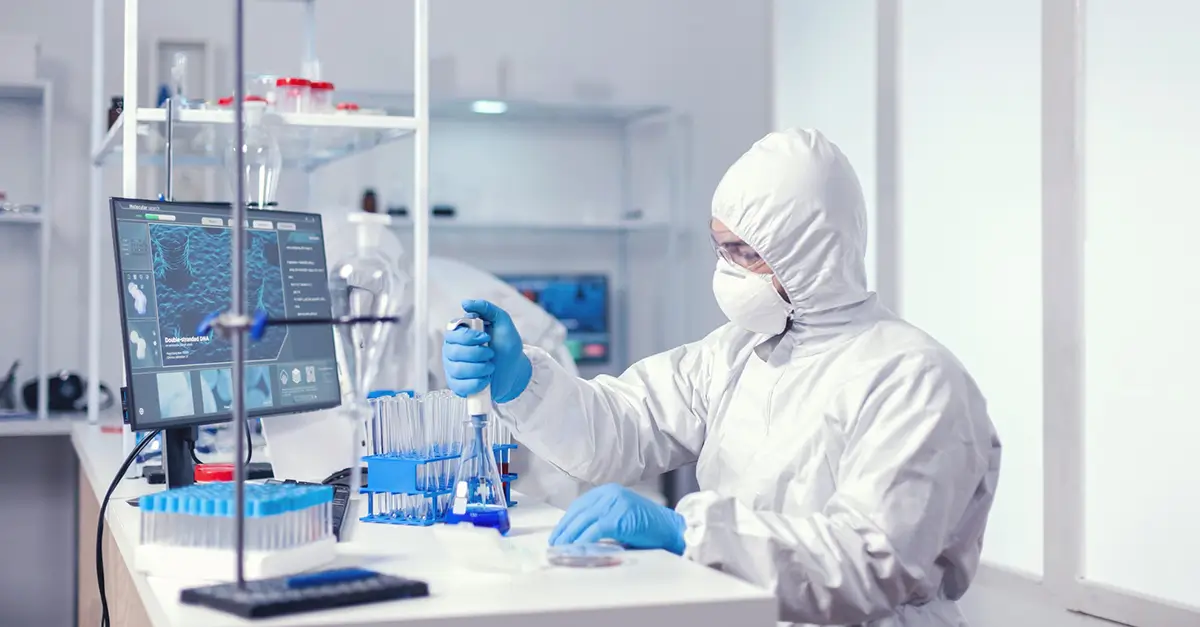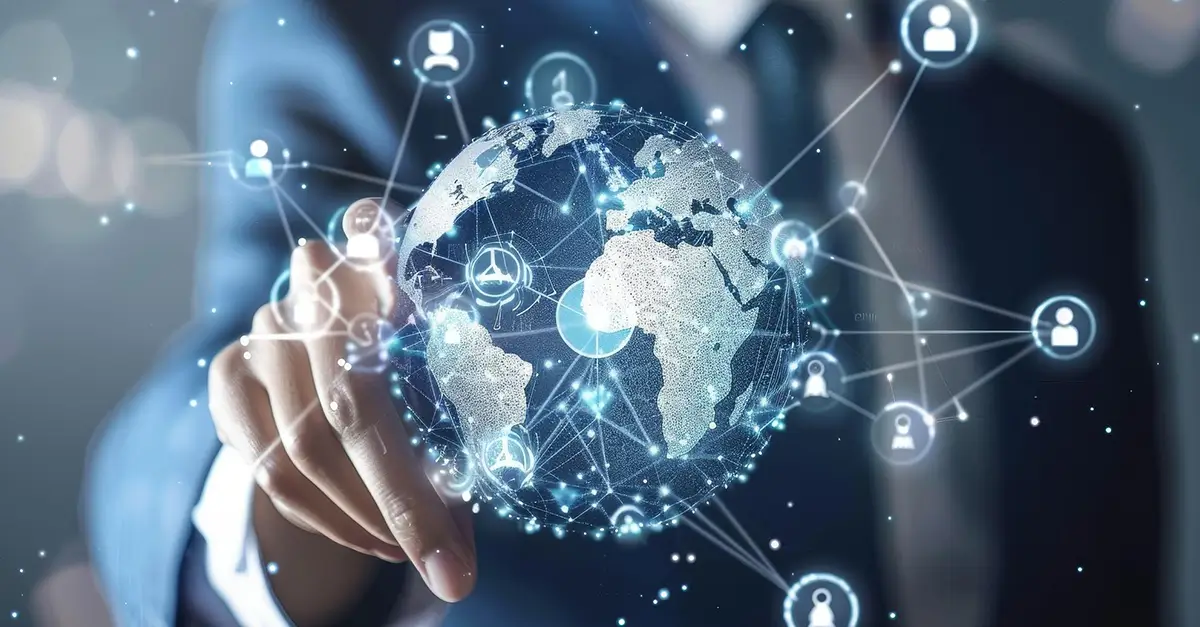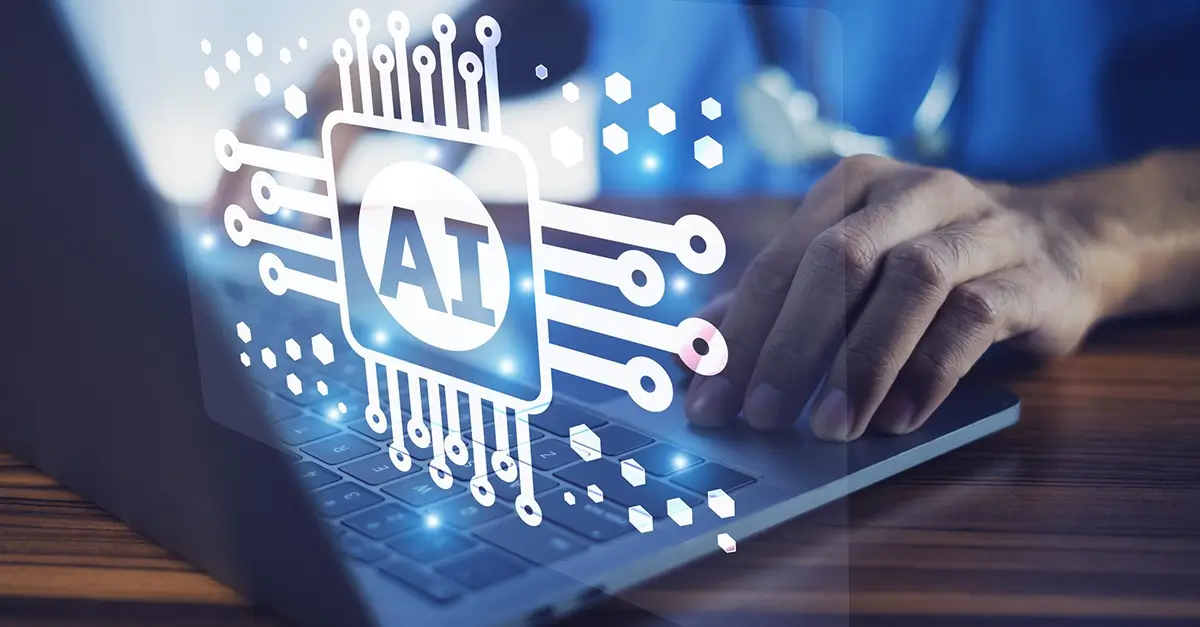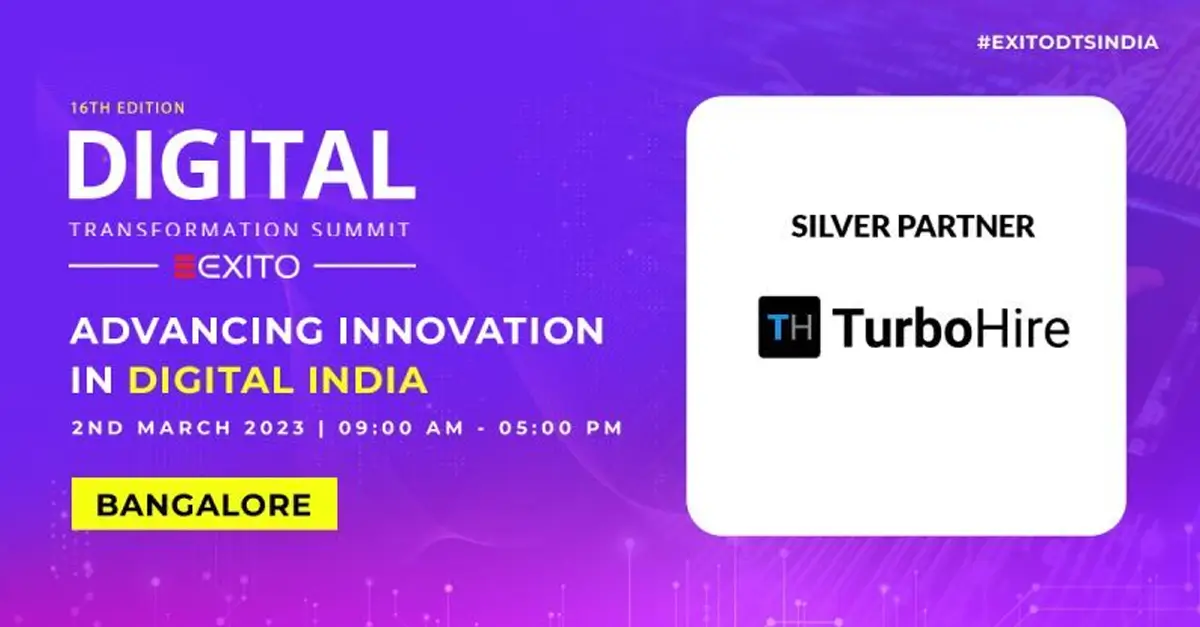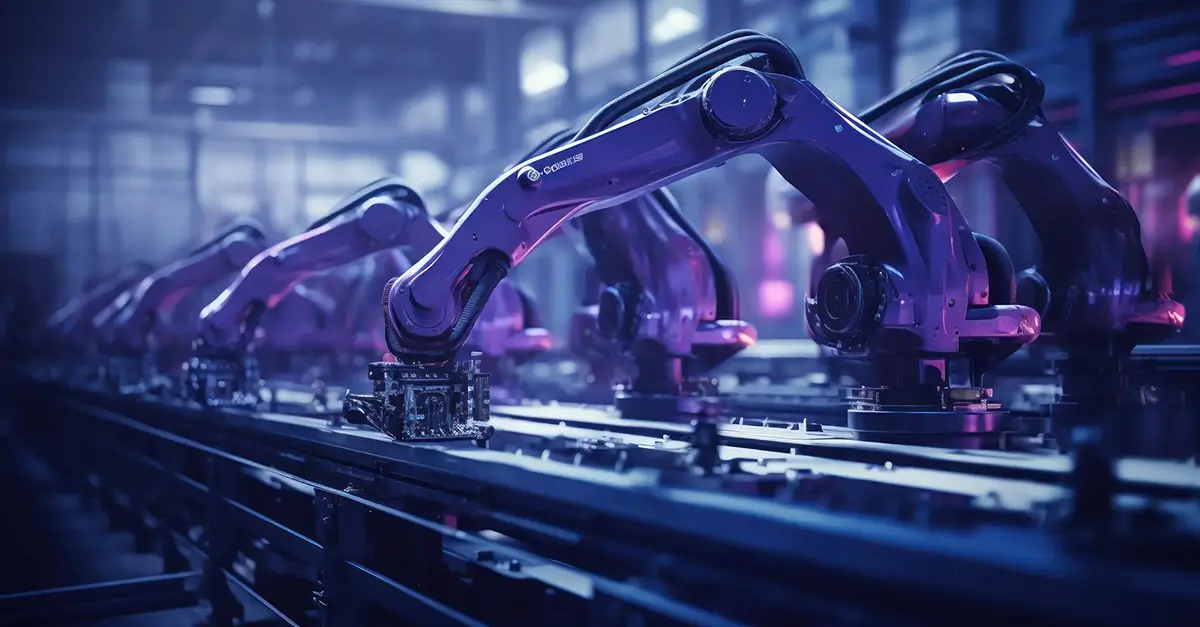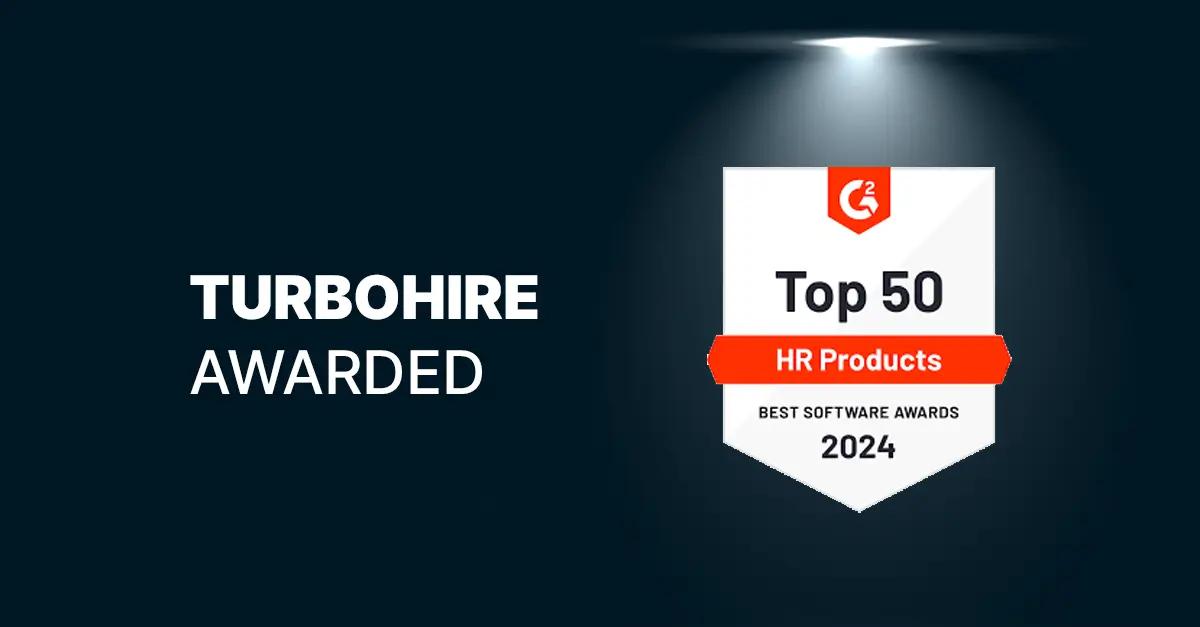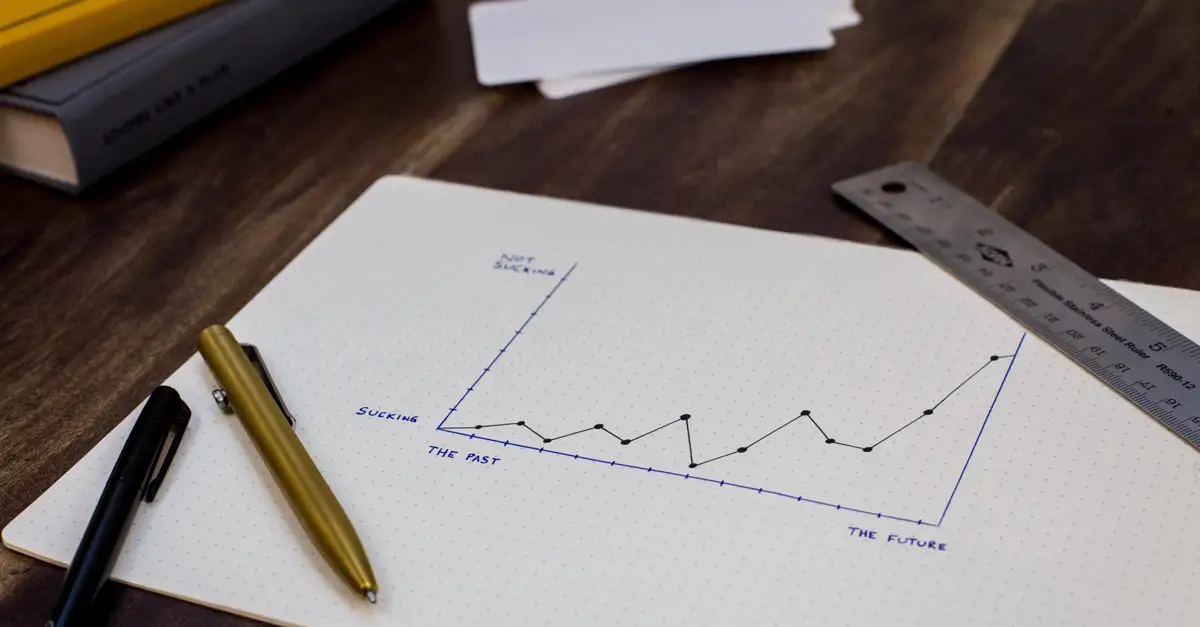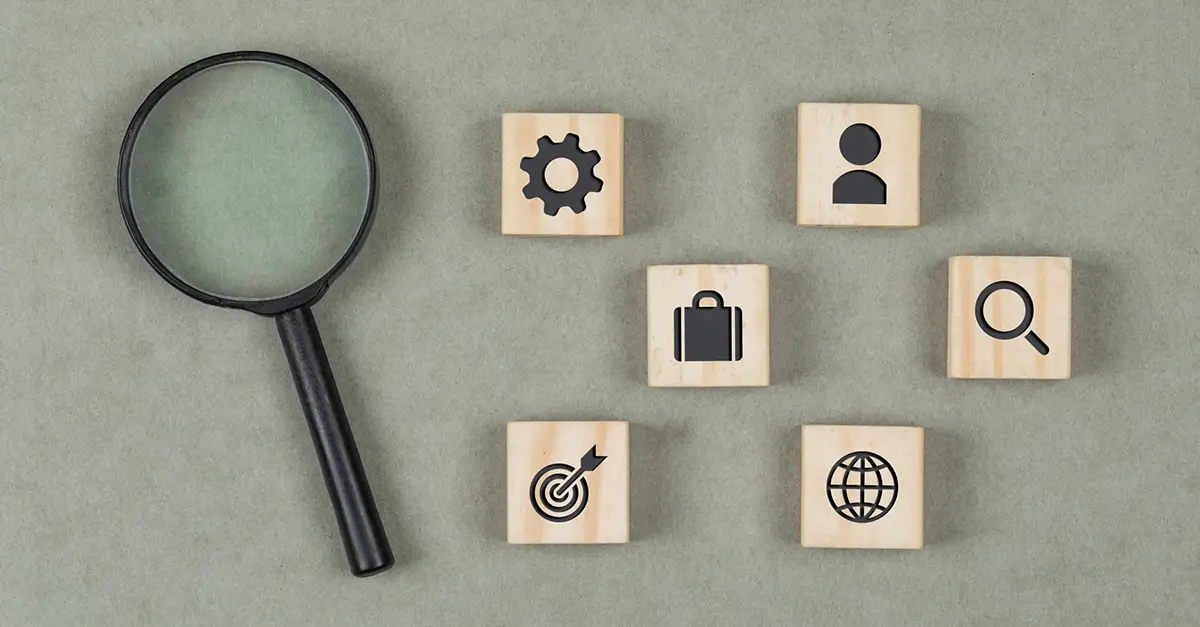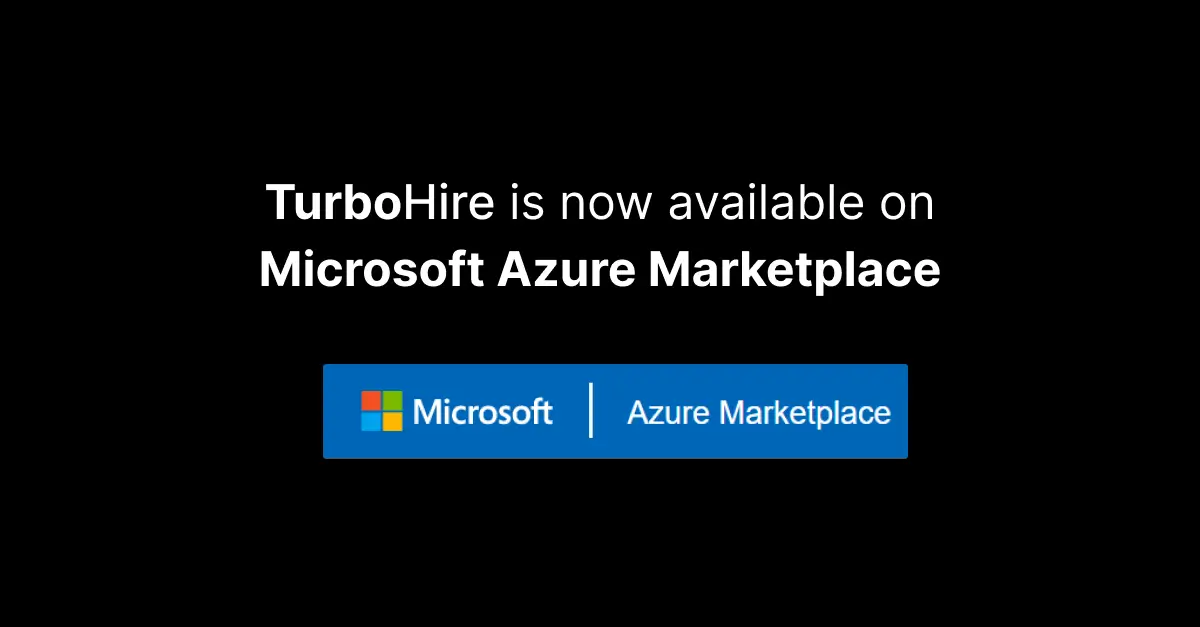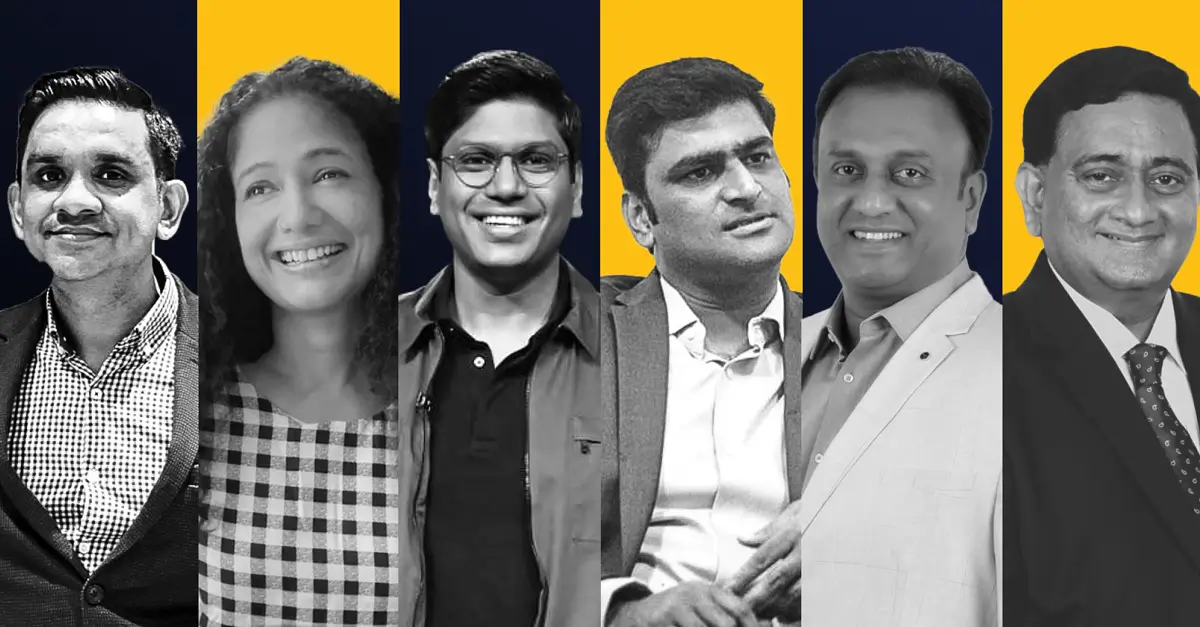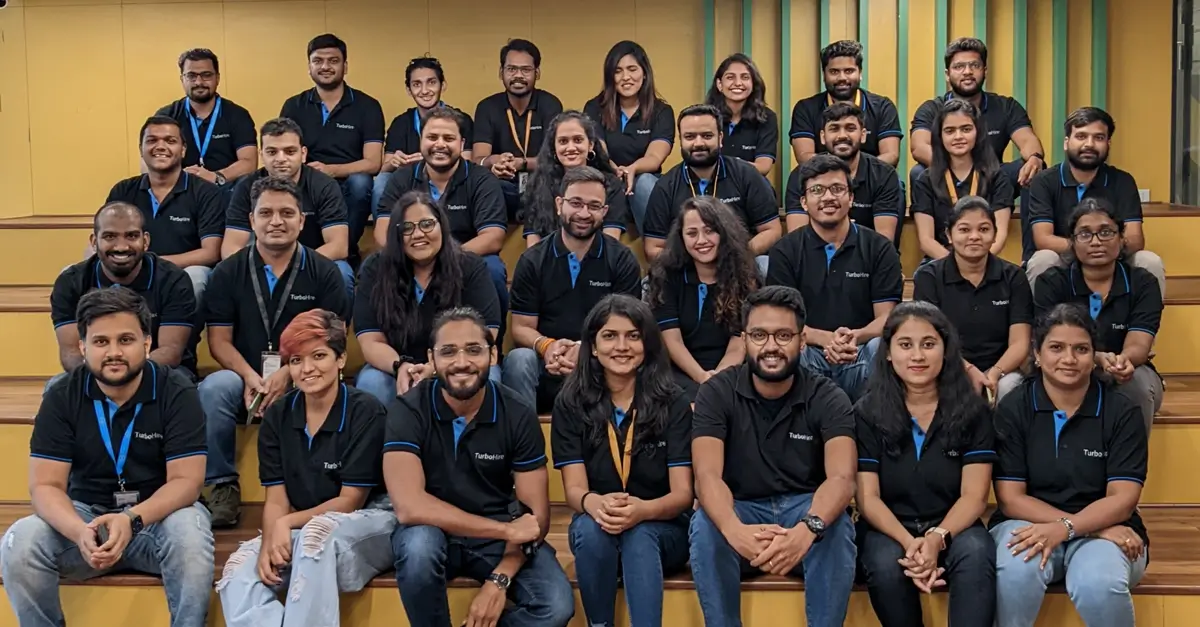Introduction
In today’s competitive business landscape, talent acquisition is rapidly evolving, with organizations recognizing the limitations of traditional hiring methods. The increasing demand for skilled professionals, remote work trends, and talent shortages have intensified the challenges faced by HR teams. To overcome these hurdles, businesses are embracing AI and automation in hiring to streamline and optimize their talent acquisition processes.
AI-powered hiring tools and automated hiring solutions are transforming the way organizations identify, assess, and engage top talent. By automating repetitive tasks such as candidate sourcing, resume screening, and interview scheduling, companies can save time and improve efficiency. Additionally, AI-driven algorithms enable more accurate candidate-job matching by analyzing data and predicting which candidates are the best fit for a role. This not only improves the quality of hires but also enhances the overall candidate experience.
Moreover, AI in hiring helps to reduce bias in the hiring process, promoting diversity and inclusivity. The use of AI-driven hiring solutions ensures that every candidate is evaluated based on their skills and qualifications, rather than unconscious biases. As a result, organizations can build more diverse and inclusive teams. As the role of AI in talent acquisition continues to expand, businesses that adopt these cutting-edge technologies are better positioned to thrive in the modern workforce. Embracing automation in hiring is not just a trend; it’s a crucial step toward building a more agile, efficient, and responsive hiring strategy for the future.
The Role of AI in Modern Hiring
AI is transforming modern hiring by automating key tasks like resume parsing and interview scheduling. With AI-powered tools, resumes can be analyzed in seconds, extracting relevant skills and qualifications, enabling recruiters to focus on the most suitable candidates.
Automated interview scheduling simplifies coordination by managing availability, reducing the back-and-forth, and speeding up the process for both recruiters and candidates.
Streamlining Hiring with Automation: AI-driven automation further enhances hiring by automating candidate sourcing, engagement, and onboarding. Chatbots guide candidates through applications, and data-driven insights help HR teams make smarter decisions, creating a faster and more efficient hiring process.
How Automation is Reducing Bias and Improving Hiring Outcomes
Bias in hiring has been a long-standing issue, often leading to poor hiring decisions and a lack of diversity within organizations. AI and automation offer solutions to these challenges by reducing the influence of unconscious biases. AI systems are designed to evaluate candidates based on data and predefined criteria, eliminating subjective factors that can cloud judgment.
For example, AI-powered tools such as TurboHire can analyze candidate resumes and application data without considering names, gender, or ethnicity, focusing solely on skills and qualifications. Additionally, AI can highlight patterns of biased decision-making by identifying discrepancies in how candidates from different backgrounds are evaluated, enabling organizations to take corrective actions. By automating these aspects of the hiring process, companies can improve both the fairness and accuracy of their hiring decisions, ultimately leading to more diverse and successful teams.
Understanding AI-Driven Candidate Matching Tools
AI-driven candidate matching tools are revolutionizing modern hiring by enhancing both the speed and accuracy of the hiring process. These tools use algorithms to analyze vast amounts of candidate data—ranging from skills and experience to qualifications and cultural fit—against job requirements. By automating the early stages of hiring, AI significantly reduces the time recruiters spend manually screening resumes while also improving the quality of shortlisted candidates. Moreover, AI-driven matching tools address key challenges like unconscious bias by evaluating candidates based purely on data, ensuring a more objective and merit-based hiring process. As these tools continue to evolve, they are becoming indispensable in helping organizations hire faster and more effectively in today’s competitive talent landscape.
TurboHire leverages these advanced AI capabilities to deliver a superior candidate matching and shortlisting experience. Its AI-driven tools analyze both structured and unstructured data, going beyond simple keyword matching to understand the full context of a candidate’s qualifications, skills, and experience. This results in a more accurate and meaningful shortlist, allowing recruiters to focus on top-quality candidates without the burden of manual screening. TurboHire’s AI continuously learns from recruiter feedback, refining its predictions and delivering faster, more precise matches over time. By eliminating bias and reducing manual effort, TurboHire enhances the hiring process, helping organizations make smarter, data-driven hiring decisions.
The Future of AI in Hiring: What to Expect by 2025
By 2025, AI will dramatically reshape hiring, making talent acquisition faster, more efficient, and precise. AI-powered tools will automate key tasks such as candidate sourcing, screening, and onboarding, allowing companies to process large volumes of applications and find top candidates more quickly. This shift will enable more agile and competitive hiring processes.
Advancements in Natural Language Processing (NLP) will improve communication between candidates and employers. NLP-driven chatbots will handle routine queries and application updates, offering personalized interactions and freeing recruiters for strategic tasks. AI will also assess candidates’ communication skills more effectively, providing insights into soft skills like tone and adaptability.
Additionally, AI in workforce planning will help organizations forecast staffing needs by analyzing data on turnover, performance, and industry trends. AI-driven planning tools will align hiring strategies with business goals, ensuring the right talent is secured at the right time. This will optimize resource allocation and enhance overall talent management, further solidifying the role of data-driven decision-making as a key driver of success in the future of work
Best Practices for CHROs to Implement AI-Powered Hiring Solutions
To successfully integrate AI-powered hiring solutions, CHROs should adopt a phased approach by starting small and scaling up. Implementing AI for specific tasks like candidate sourcing or screening allows HR teams to gradually adapt, ensuring smoother transitions before expanding AI across the entire hiring process. Additionally, maintaining data quality is crucial, as clean and representative data ensures accurate results and reduces bias in AI-driven decisions. CHROs must regularly monitor these systems to ensure fair and inclusive hiring practices.
Balancing automation with the human element is key to optimizing AI’s benefits while retaining the personal touch in hiring. AI can streamline routine tasks, but recruiters should still play a role in decision-making, candidate engagement, and cultural assessments. Furthermore, prioritizing employee experience will be crucial as companies adopt AI and automation, ensuring that employees—both current and prospective—have a positive, seamless experience will boost engagement and retention. Lastly, monitoring AI tools for compliance with regulations and ethical AI usage ensures the technology remains trustworthy and aligned with legal standards. By following these best practices and focusing on employee experience, CHROs can enhance hiring efficiency while maintaining fairness and compliance, positioning their organizations for future success.
TurboHire: A Mobile-First, Loginless Hiring Platform
TurboHire is revolutionizing the hiring process with its mobile-first, loginless platform that streamlines the experience for all the stakeholders, from candidates to leadership teams. By removing the need for traditional logins, candidates can effortlessly apply for jobs and interact with employers on any device, making the application process more accessible, quick, and user-friendly. This innovative approach focuses on user convenience, allowing candidates to concentrate on job opportunities rather than navigating complex systems. For employers, TurboHire’s mobile-first strategy opens access to a broader talent pool by eliminating barriers that might discourage candidates from completing applications. As more candidates prefer applying via smartphones or tablets, TurboHire’s mobile compatibility enhances engagement and accelerates the hiring process, making it more responsive to modern workforce expectations. With data-driven insights, the platform also empowers organizations to make better hiring decisions while maintaining a strong focus on delivering a positive candidate experience.
- For Recruiters: Automated candidate sourcing, AI-powered resume screening, and multi-channel communication.
- For Candidates: A login-less, mobile-friendly application process, WhatsApp-based communication, and easy offer acceptance.
- For Approvers: A flexible approval system with custom dashboards and seamless requisition approvals.
- For Interviewers: One-way interviews, job-specific interview assistants, and structured feedback collection.
- For Leadership: Real-time analytics, recruitment activity tracking, and customizable dashboards.
- For Administrators: Comprehensive control over the hiring process, user permissions, and platform management.
TurboHire improves efficiency, reduces time-to-hire, and optimizes the hiring experience for all stakeholders.
Conclusion
As we approach 2025, AI and automation are set to revolutionize talent acquisition, transforming how companies source, evaluate, and hire talent. The integration of AI will drive increased efficiency, reduce manual workloads, and improve the overall quality of hires by using data-driven insights. From AI-driven candidate matching and automated resume screening to NLP-enhanced candidate communication, these technologies will streamline hiring processes, making it faster and more accurate. Additionally, AI will play a crucial role in reducing unconscious bias in hiring, enabling companies to build more diverse and inclusive teams. The future of talent acquisition lies in how effectively organizations leverage AI to not only enhance the hiring experience but also create a more responsive and adaptive hiring strategy.
To prepare for the future of work in 2025, CHROs must actively embrace AI-powered hiring solutions while ensuring that these technologies align with their organization’s unique goals and culture. The first step is to adopt AI tools gradually, starting with specific areas like candidate sourcing or screening, then scaling up as the benefits become clear. Ensuring data quality is essential, as the accuracy of AI tools depends on the integrity of the data they process. It’s also critical to monitor AI systems for potential biases to maintain fair and inclusive hiring practices.
CHROs should strike a balance between automation and the human element, using AI to handle repetitive tasks while keeping human recruiters involved in decision-making, relationship-building, and assessing cultural fit. Additionally, continuous learning and staying informed about advancements in AI, automation, and HR technology will be key to maintaining a competitive edge. By taking a strategic approach to implementing AI, CHROs can future-proof their organizations, optimize talent acquisition processes, and better meet the challenges of the rapidly evolving world of work.


